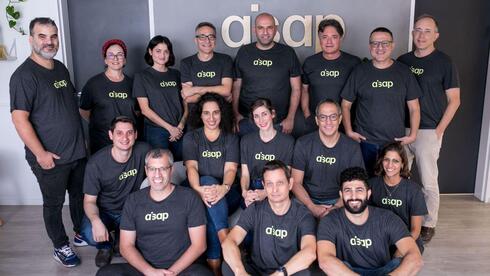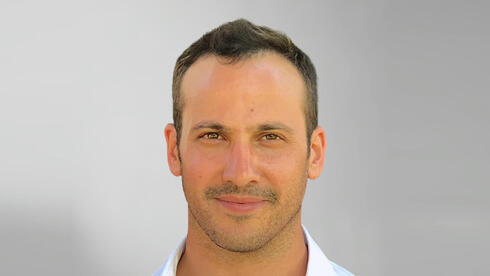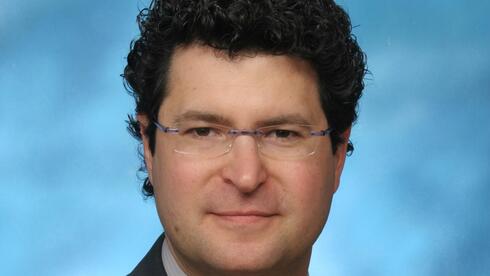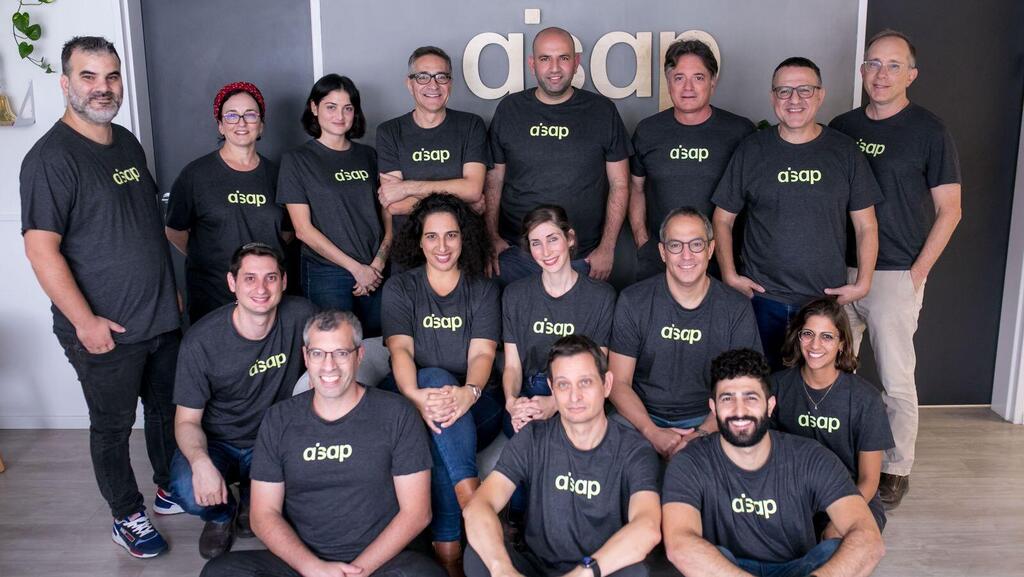
AISAP raises $13 Million in Seed for its AI ultrasound solution
AISAP raises $13 Million in Seed for its AI ultrasound solution
Its POCAD solution provides AI-powered diagnoses that are accurate and easy to understand for physicians.
AISAP, a company developing an AI-powered Point Of Care Assisted Diagnosis (POCAD) solution for the medical ultrasound industry, has announced it has raised $13 million in Seed funding. The round was led by Harel Insurance Investments & Financial Services Ltd., and Shoni Top Ventures, L.P.
Ultrasound scans can be used to discover and diagnose myriad medical conditions. However, due to a lack of medical professionals and logistical difficulties in transporting patients, it can take weeks to receive a diagnosis. While there are portable systems that exist, these divides don’t solve the fundamental issue since these also need to be operated by professionals.
AISAP’s POCAD solution provides AI-powered diagnoses that are accurate and easy to understand for physicians. It includes an ‘urgency score helping providers prioritize their cases, as well as deep learning AI capabilities that enable accurate readings even with lower-quality images from handheld machines. While the average ultrasound takes weeks on average to provide a full analysis and diagnosis, the company claims its solution does so in as little as 5 minutes.
"Obtaining an accurate ultrasound diagnosis in time can literally be the difference between life and death, so the fact that so many patients are forced to wait up to a month for one is nothing short of a global health crisis," says AISAP CEO Roni Attali. "This problem is particularly acute in rural areas or those with fewer resources, and therefore disproportionately impacts disadvantaged populations."
AISAP’s algorithms have been trained on more than 300,000 studies made up of more than 24 million video clips. A recent study still under review at Israel’s Sheba Medical Center showed that out of 660 patients receiving a full ultrasound with AISAP scans at the Emergency Department or Internal Medicine units, 29% discovered at least one previously unknown, moderate medical condition.
The company was founded by Adiel Am-Shalom, who managed R&D and Cyber teams in the Israel Defense Force’s 8200 intelligence unit and the founder of IDL; Ehud Raanani, Director of the Leviev Cardiovascular and Thoracic Center at Israel’s Sheba Medical Center; Robert Klempfner, Director of the Israeli Center for Cardiovascular Research; and Ehud Schwammenthal, an expert in echocardiography and the founder of Ventor Technologies and Magenta Medical.














